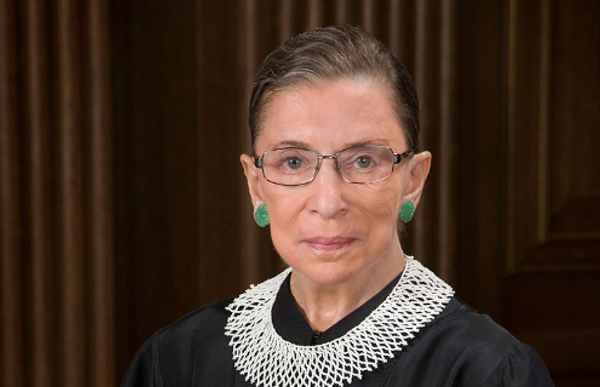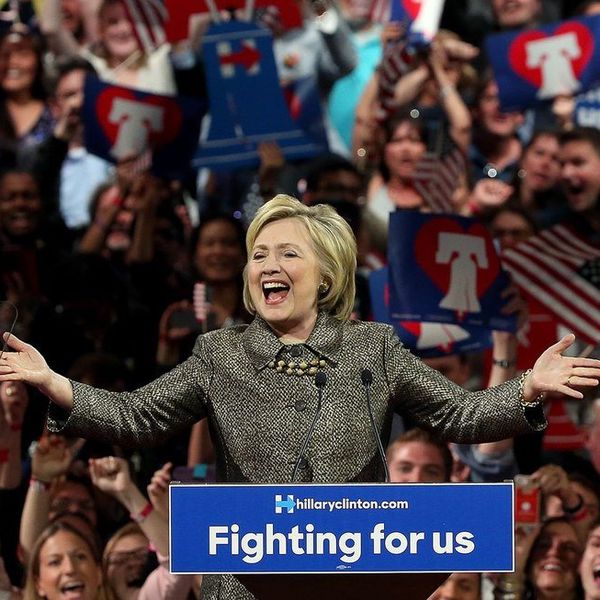Deep in the Xinjiang Uyghur Autonomous Region (XUAR) of northwest China rest Turkic Muslims, better known as Uyghur Muslims. The Chinese government has long carried out repressive policies against them. But these policies have dramatically increased since late 2016 when the Communist Party Secretary Chen Quanguo relocated from the Tibet Autonomous Region to assume leadership of Xinjiang.
China's President Xi Jinping has overseen the harsh treatment and approach toward the Muslim minorities living in Xinjiang. In recent years, the government has installed sophisticated surveillance technology across the region, and there has been a surge in police numbers. These changes were put in place in retaliation to the Muslim population.
In May 2014, China had launched its 'Strike Hard Campaign against Violent Terrorism' in Xinjiang. After this campaign took place, the number of Muslims arrested tripled as compared to the previous five year period. The government has held people in pretrial detention centers, prisons, and in political education camps. Those that were detained have been denied due process rights and suffer torture and other ill-treatment.
As many as 1 million adults are being sent to the internment camps. Families are being separated and the Chinese authorities are putting the children of Uyghurs into dozens of state-run orphanages even if the parents are not dead. At the orphanages, the Chinese authorities are brainwashing the young children into abandoning their faith and culture.
The government has been building thousands of so-called "bilingual" schools, where Uyghur and other minority Muslim groups are taught in Mandarin and beaten for speaking in their native tongues. The children are taught that Islam, their faith, is incorrect and that they must not practice. This brainwashing starts as early as five years old. The Uyghurs fear that their children may never be the same, as the Chinese are essentially wiping out their ethnic identity, one child at a time. Experts say that what China is doing parallels to how while colonialists in the US, Canada, and Australia treated indigenous children-treatment that have left generations traumatized.
Being arrested due to simply believing in another is unjust and inhumane, yet the global community is barely batting an eye towards this matter. International media attention on Xinjiang has only focused on the political education camps. The Chinese government provides no public information on the detainees in the camps, however, refugees who have escaped describe the horror they faced. They've even denied the abuses that have occurred and instead said that these camps are "vocational education and employment training centers" for "criminals involved in minor offenses." Xinjiang officials claim that the reason for the increase in surveillance is due to the "problematic ideas" of Uyghur Muslims.
But it's not just the culture and faith of Uyghur Muslims being destroyed. On April 11, a mosque in the Gansu province in north-central China was destroyed in the latest casualty of a national campaign to eradicate Islamic traditions. Residents were told not to publish photos and videos of the destruction, according to Bitter Winter. But videos still emerged on Twitter days later to show the damaged mosque. Several people were seen crying on the ground.
As stated earlier, the international community has done little to help Uyghur refugees or condemn China's treatment of them. What these international governments should do is send a strong message to the highest levels of the Chinese government to end these grotesque violations. Both the Chinese people and International counties should challenge President XI publicly over his government's abuses in Xinjiang. We should monitor the human rights violation in China while increasing attention towards the government repression of the Uyghur Muslim population to provide a rapid international response, including public condemnations, and targeted sanctions.



















